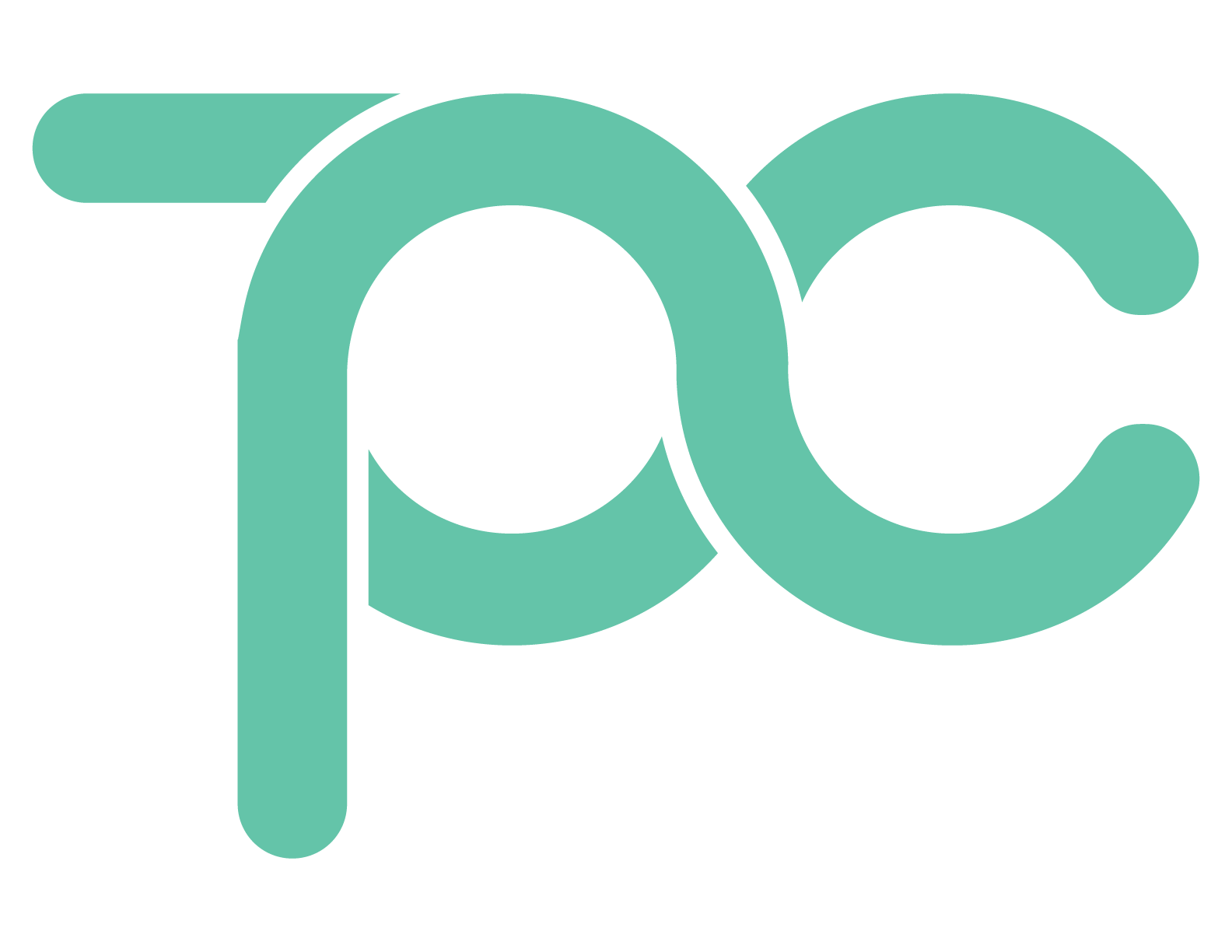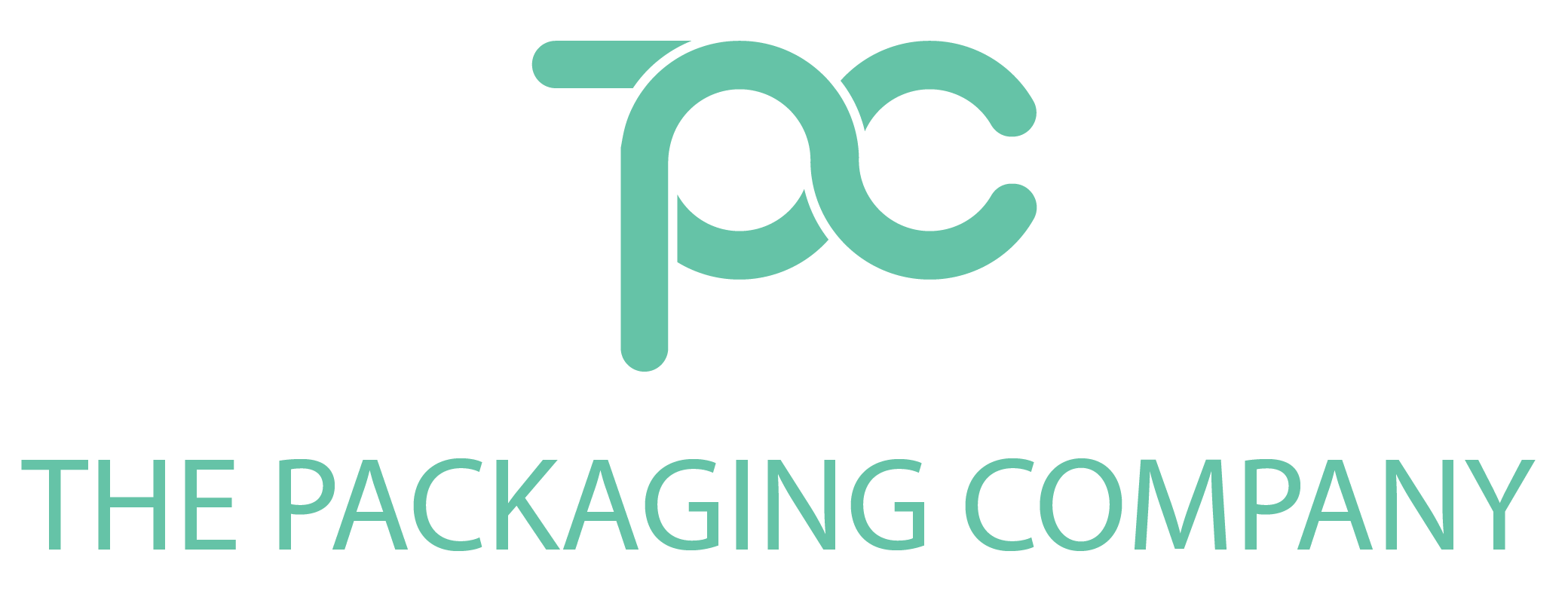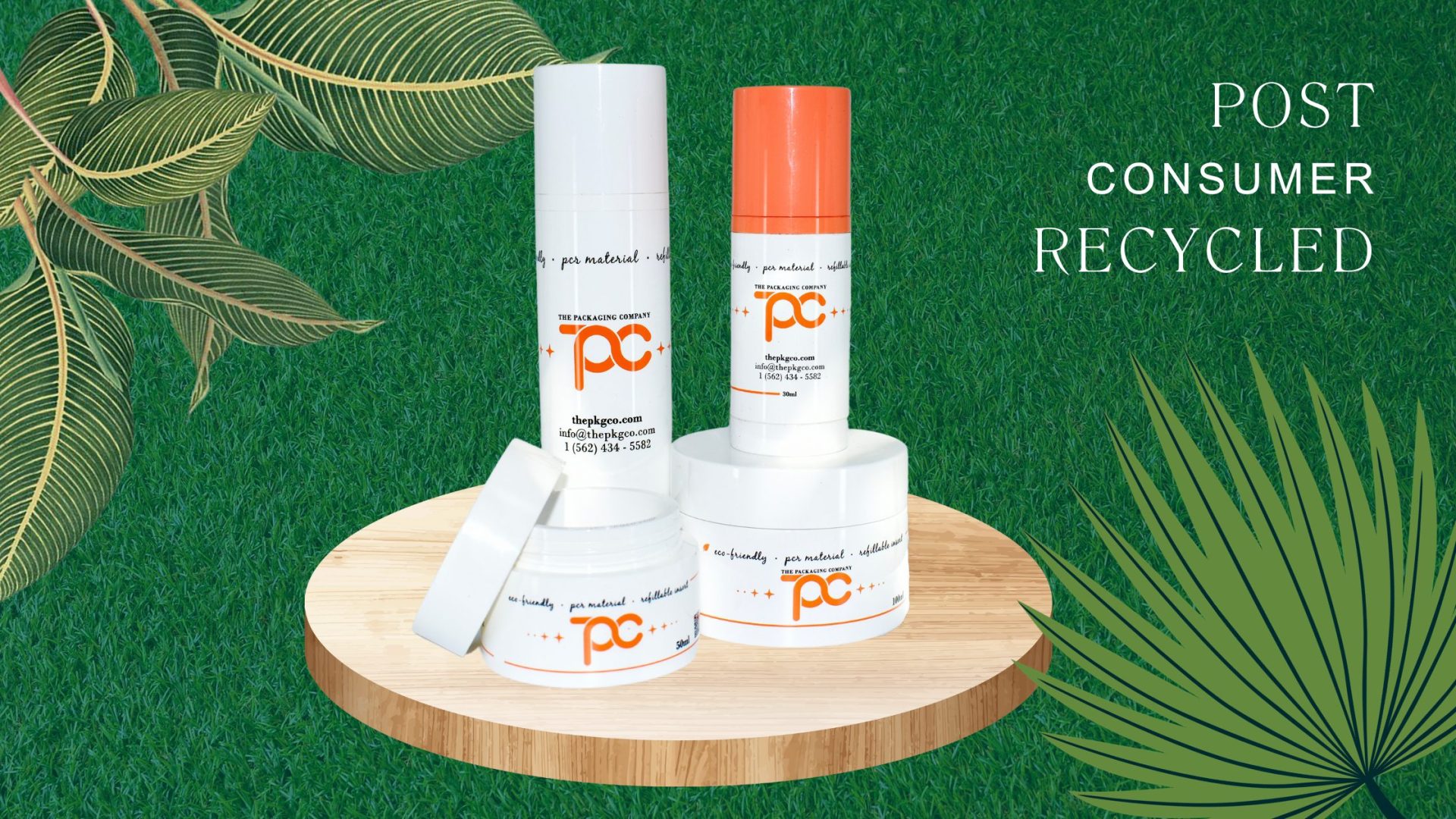In recent years, the cosmetic industry has undergone a seismic shift towards sustainability and environmental consciousness. With consumers increasingly vigilant about their impact on the planet, cosmetic companies have stepped up with eco-friendly innovations. One ground-breaking concept making waves in the industry is Post-Consumer Recycled (PCR) packaging. This revolutionary idea is propelling us into a new era of sustainability.
The Need for Sustainable Cosmetic Packaging
Historically, cosmetic packaging has been synonymous with excessive waste and environmental harm. Moreover, the industry has heavily relied on single-use plastics, non-recyclable materials, and a significant carbon footprint. Such an unsustainable model is no longer tenable in an age where environmental concerns and ethical consumerism hold paramount importance. PCR packaging presents a compelling solution to these challenges. Furthermore, by incorporating recycled materials, cosmetic companies can significantly reduce their environmental impact. Let’s delve into what PCR is and how it is reshaping the cosmetic packaging industry.
Understanding PCR: What Is It?
Post-Consumer Recycled (PCR) is the term for materials that have already been used and disposed of by consumers, collected, processed, and reborn into new products, including cosmetic packaging. PCR can be sourced from various materials, like plastic containers, bottles, and other items that have completed their initial life cycle. These materials are collected, cleaned, and transformed into high-quality packaging, thus preventing them from ending up in landfills or polluting the environment.
The Advantages of PCR Cosmetic Packaging
- Reduces Plastic Waste: PCR packaging dramatically diminishes the demand for virgin plastics. This, in turn, leads to fewer new plastic containers being produced, reducing the strain on natural resources and decreasing the volume of plastic waste in landfills and oceans.
- Lower Carbon Footprint: Manufacturing PCR packaging consumes less energy and produces fewer greenhouse gas emissions compared to producing new plastic. As a result, the reduction in carbon emissions contributes to a smaller environmental footprint.
- Closes the Recycling Loop: Using PCR material encourages a circular economy, where products are continually recycled and repurposed. This approach promotes the sustainability of resources and minimizes waste.
- Consumer Appeal: In an era of conscious consumerism, PCR packaging demonstrates a brand’s commitment to sustainability, appealing to eco-conscious consumers who actively seek out eco-friendly products.
- Regulatory Compliance: Many regions and governments are implementing regulations and targets for the use of recycled materials in product packaging. PCR packaging helps companies meet these requirements and avoid potential fines.
Challenges and Considerations
While PCR packaging offers a range of benefits, it’s important to acknowledge the challenges associated with its adoption. These include:
- Cost: PCR packaging can be more expensive than traditional packaging due to the cost of collecting, processing, and cleaning recycled materials. However, as demand increases and technology improves, costs are expected to decrease.
- Quality Control: Ensuring the cleanliness and quality of PCR materials can be a challenge, as contamination from residual chemicals or other substances can affect the final product. Companies must invest in quality control processes to address this issue.
- Consumer Education: Brands need to educate consumers about the value and importance of PCR packaging to drive its adoption.
Embracing the Future of Cosmetic Packaging
Finally, Post Consumer Recycled (PCR) packaging represents a significant step forward in the cosmetic industry’s journey towards sustainability. It offers a way to reduce plastic waste, lower carbon emissions, and meet the growing demand for eco-friendly products. As cosmetic companies increasingly adopt PCR packaging, consumers can expect to see a wider range of sustainable and environmentally responsible options on the shelves. For consumers, choosing products in PCR packaging is not just a purchase; it’s a vote for a more sustainable future. As the cosmetic industry embraces this new era of packaging, it brings us closer to a greener and more eco-conscious future for all.
The rise of PCR packaging marks a transformative moment in the cosmetic industry’s commitment to environmental stewardship, and it’s a welcome step toward a more sustainable future for all. To explore our PCR packaging solutions, contact us at [email protected].



